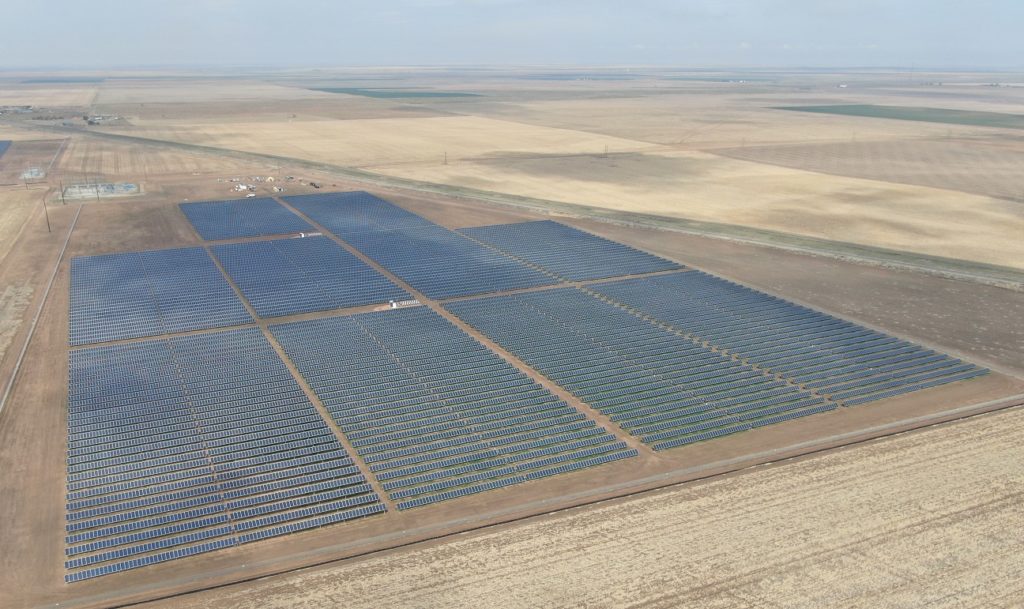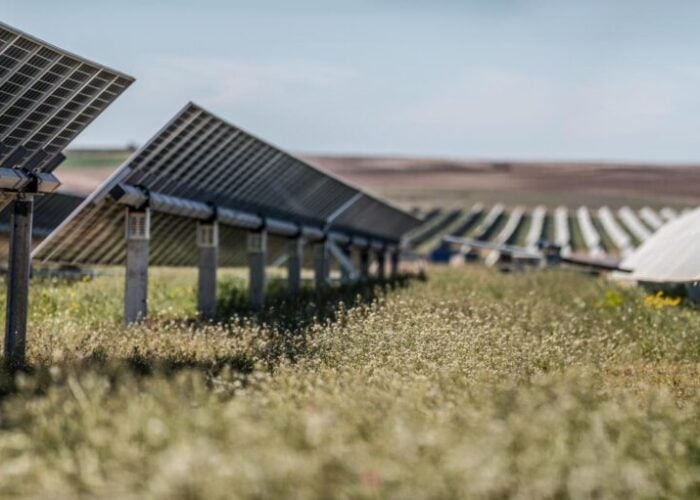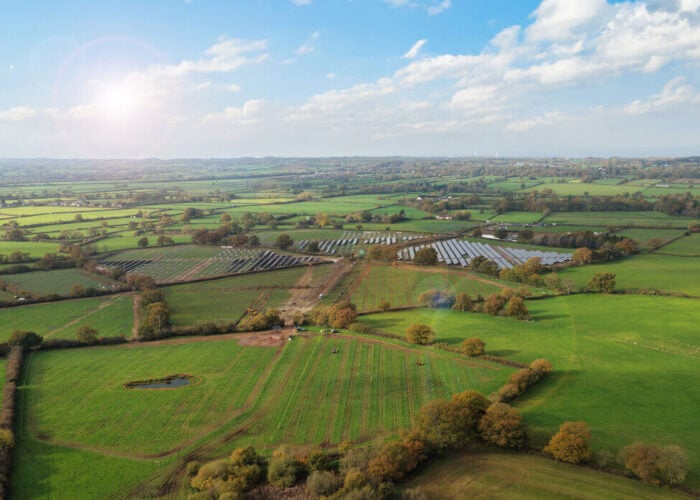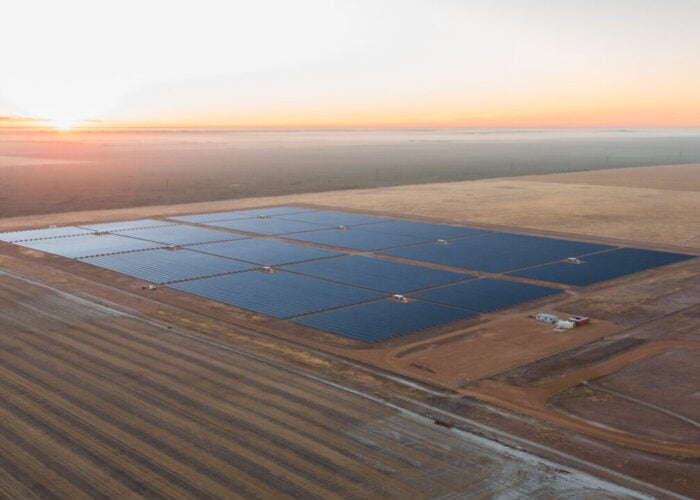
A subsidiary of solar EPC Sterling and Wilson has signed a memorandum of understanding with the government of Nigeria to develop and construct a portfolio of PV and battery energy storage system (BESS) projects in the country.
Sterling and Wilson Solar Solutions, along with its consortium partner Sun Africa, will develop 961MWp of solar at five locations along with BESS with total installed capacity of 455MWh.
Try Premium for just $1
- Full premium access for the first month at only $1
- Converts to an annual rate after 30 days unless cancelled
- Cancel anytime during the trial period
Premium Benefits
- Expert industry analysis and interviews
- Digital access to PV Tech Power journal
- Exclusive event discounts
Or get the full Premium subscription right away
Or continue reading this article for free
Financing for the projects is under negotiation between the US Export-Import Bank, ING and the government of Nigeria.
The installations will ultimately be owned and operated by Niger Delta Power Holding Company, a Nigerian government-owned entity.
“Solar combined with energy storage is going to be the future of power generation in Africa and we, along with our partner Sun Africa, are proud to be associated with this landmark project that will lay the foundation of Nigeria’s transition to clean energy,” said Amit Jain, global CEO at Sterling and Wilson.
While Nigeria’s electrification rate is above the sub-Saharan Africa regional average of 47%, it lags behind the global average, meaning there is a strong case for solar as a viable solution for domestic and commercial supply, Sterling and Wilson said.
The India-headquartered company’s portfolio of solar EPC projects in Africa includes 1GWp of capacity across seven countries.
Providing EPC services for utility-scale solar, floating solar and hybrid energy storage solutions, Sterling and Wilson sold a 40% stake in the company to Indian conglomerate Reliance Industries last year.
Speaking to PV Tech earlier this year, Jain said Sterling and Wilson hopes to be the frontrunner for carrying out solar EPC work to support Reliance’s PV buildout, which includes plans to enable more than 100GW of solar by 2030.






